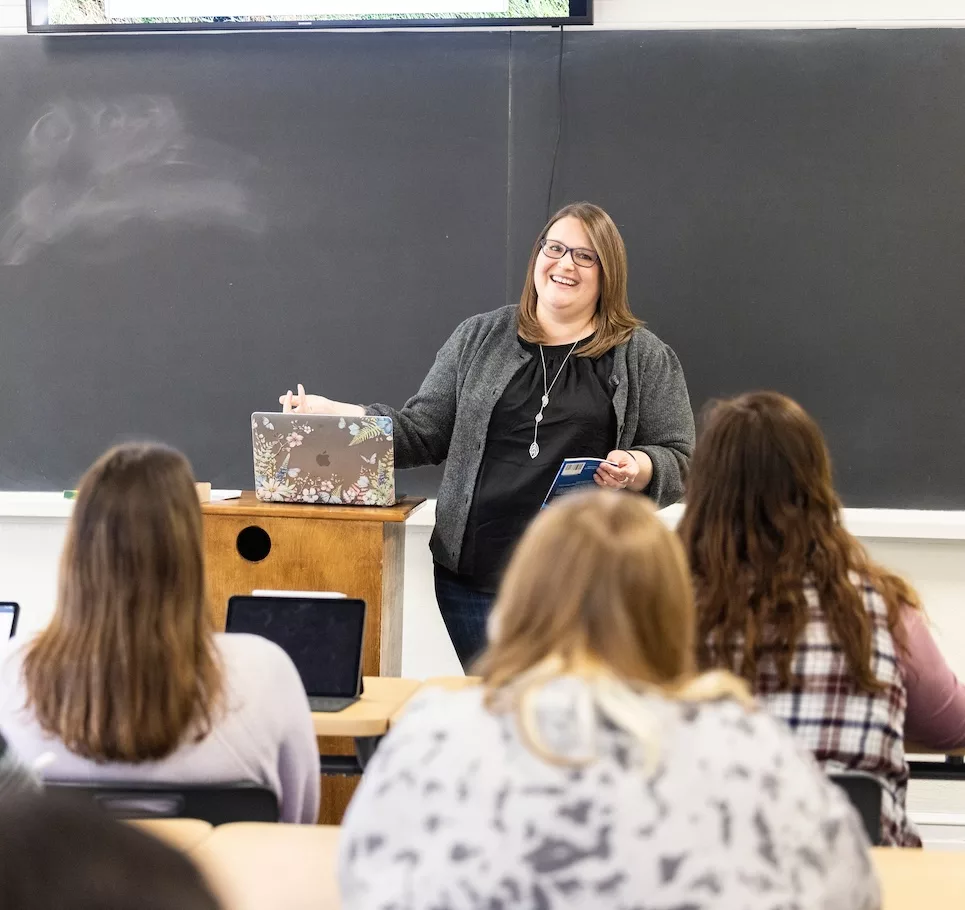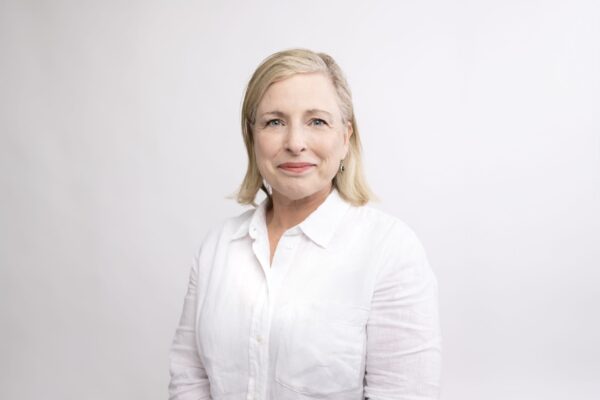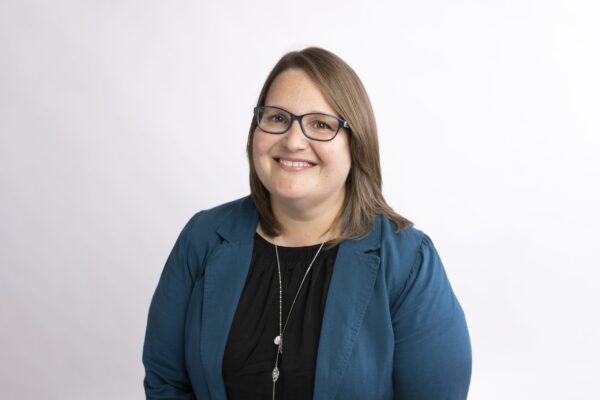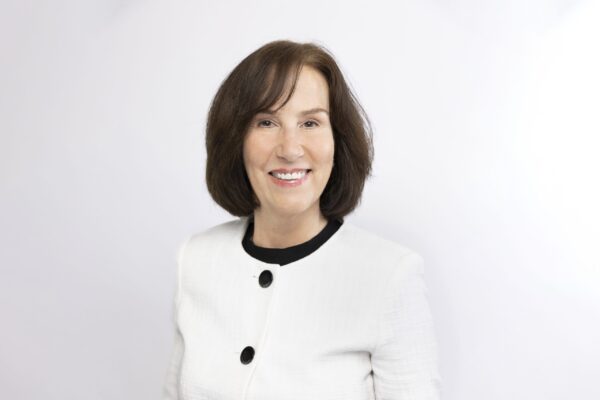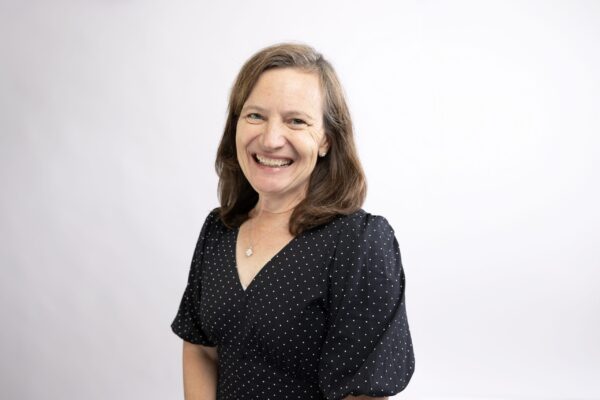Major & Minor
English
The study of English develops mastery in the essential skills of close reading, thorough analysis, insightful interpretation, and clear verbal and written expression of thought.

About the English Major
Studying English enables one to see the world in a broader context, make informed judgments, synthesize seemingly disparate ideas, and develop the soft skills highly sought after in the workforce. English majors become skilled in critical thinking, clear writing, and effective communication as they study a wide range of canonical and non-canonical literary works from around the world.
The English major is incredibly versatile, leading to a tremendous amount of freedom in career choice. Graduates of the English major have successful careers in law, medicine, teaching, business and entrepreneurship, organizational management, writing, public service, public relations, human resources, sales, publishing, editing, and more.
Our small class sizes promote vigorous discussion and the exchange of ideas with classmates and teachers. English majors receive individualized attention as they learn information literacy, come to understand diverse perspectives, and are thoroughly prepared for their chosen graduate schools and careers. The strong relationships majors forge with peers, professors, and mentors at Southern Virginia University can last a lifetime.
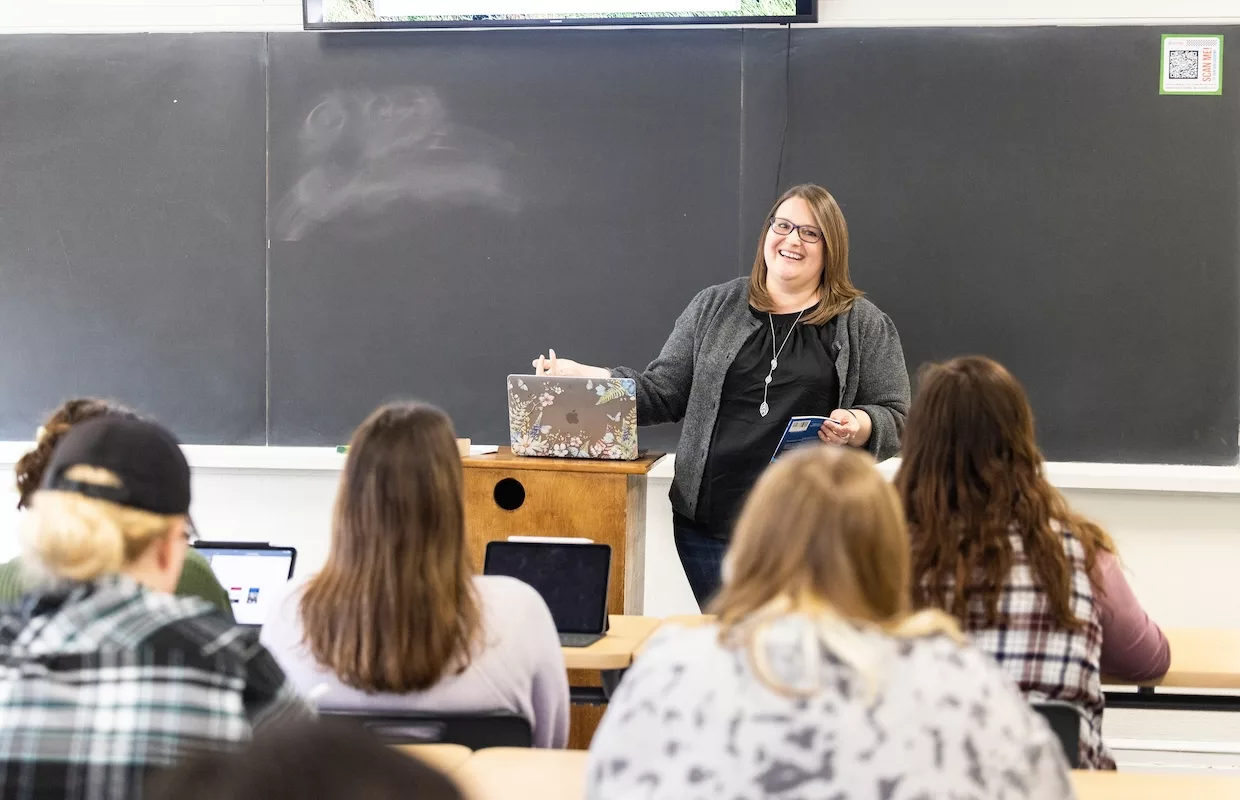
Learning Outcomes
What you’ll learn in the English major:
- Read a variety of literary and non-literary texts closely, recognizing subtle and complex differences in language use and literary genre.
- Write clear, persuasive analytical essays driven by arguments based on the texts using appropriate literary terminology and cultural and aesthetic values relevant to these texts.
- Ability to research literary works, authors, and contexts, utilize library resources, incorporate and document research appropriately, and adhere to the highest standards of intellectual integrity.
- Broad knowledge of key authors, major traditions and movements, and literary and cultural history.
Career Opportunities
There is a wide array of potential careers with an English degree, including jobs in writing, law, public relations, education and more depending on your personal and professional goals.
- Public Relations
- Editor
- Journalist
- Writer
- Teacher
- Librarian
- Communications
Getting Started in the English Major
Follow these simple steps below to get a head start in the
English Major today.
Enroll
Begin by taking Introduction to Literary Studies (ENG 200) in your first year
Contact Your Advisor
Get in touch with New tab, Opens Bio of: Professor Sarah Maitland to discuss your interests and goals
Declare
Turn in a completed PDFDeclare Major Form to the Registrar’s Office
Questions? Contact the Registrar at emailregistrar@svu.edu.
Related Programs and Concentrations

Alumni Success
Miranda Macfarlene (’20)
Miranda Macfarlene, an English major, plans to continue her studies at the University of Notre Dame where she will pursue a Ph.D. in 18th Century British Literature with the ultimate goal of teaching at the university level.
Link to news articleRead More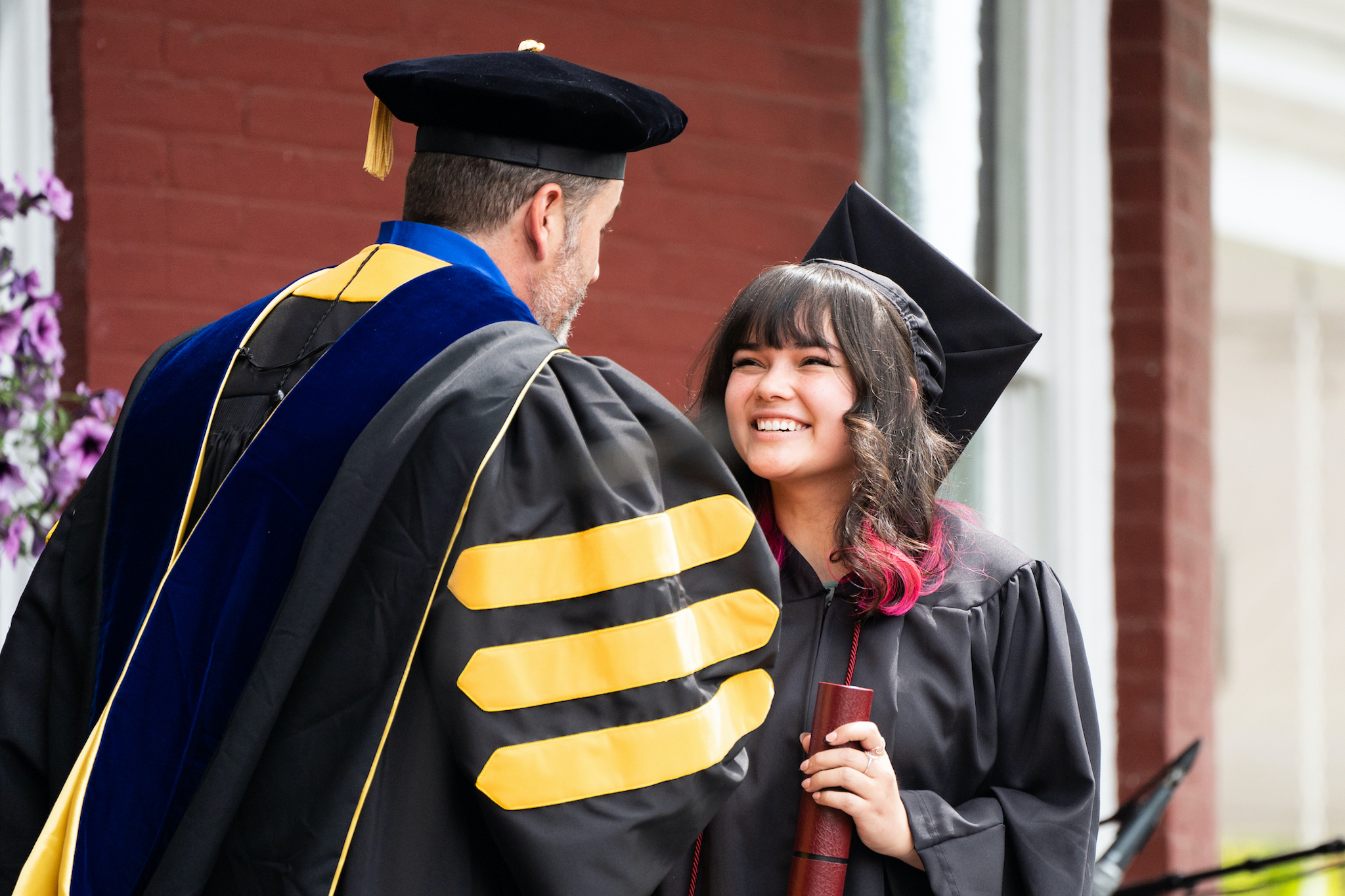
Alumni Success
Anna Liu (’23)
Having worked at La Petite Academy in Utah in various positions since she was 17, Anna Liu will be returning to the academy as a preschool teacher and team lead after graduation.
Link to news articleRead More